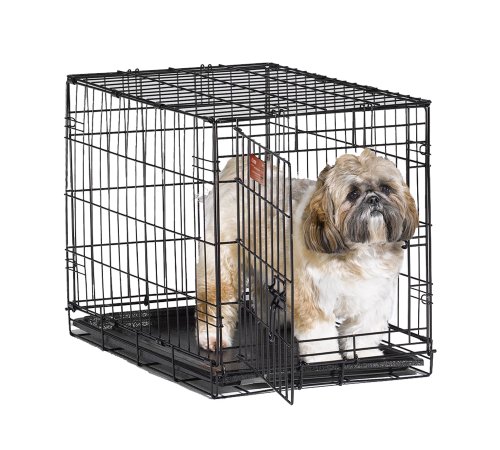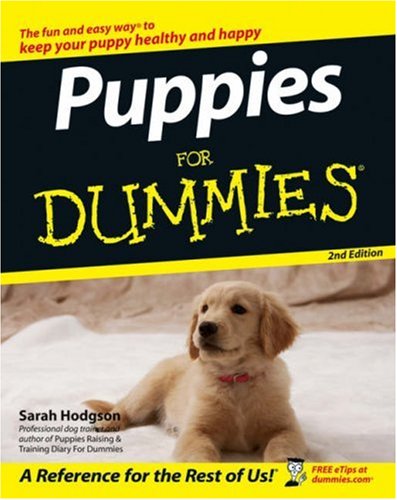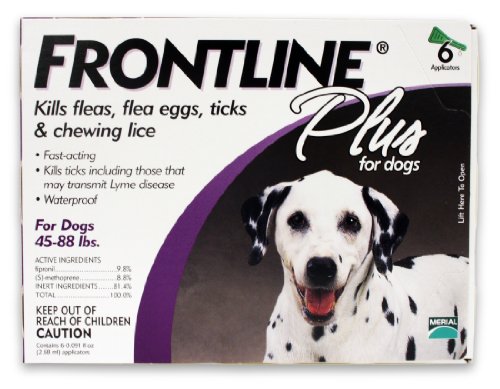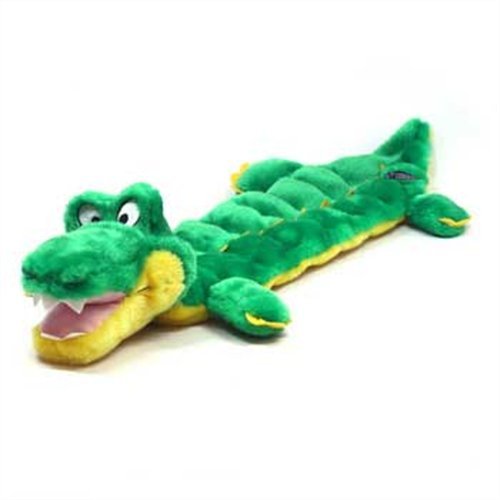Puppies start learning immediately. Reputable breeders are aware of this and are very involved in doing early training prior to you taking the pup into your home. They do constructive socialization, introduce the pup to the home environment and may even do some early potty training. A well-mannered, easily trained puppy is one of your goals and the first step toward that goal is the selection of a good breeder.
Most people who sell puppies in the newspaper are not professional breeders. They may have a litter or two, maybe even keep one and sell the other puppies. While there are exceptions, in most cases these are well meaning people but just are not adequately experienced in preparing the puppies for adoption. Then, of course, there are the not so well meaning people who are just looking for the profit and are doing very little if anything to prepare the puppy for a new home. They are simply waiting for the puppies to get old enough to sell. And we have all heard of "puppy mills" which should be avoided completely. Many puppy mills sell to pet shops. As tempting as it may be to get the puppies out of this environment, this is not the place to select your puppy. No amount of training will be able to overcome some of the problems you may encounter in these puppies. You must be even more diligent in your search for a good breeder than you were in deciding with which kind of dog you want to share your life and home. Of all the people raising puppies, there are relatively few who are experienced and focused on maintaining and breeding for the best characteristics of one or two breeds. No, it is not just people who want show dogs who need to look for reputable breeders. Your goal may very well be to merely find a healthy, physically fit, mentally sound pup to enhance your life. The way to have the best chance of doing that is to buy from a reputable breeder.
So how do you begin your search? Ask a vet for recommendations; ask acquaintances who have dogs with characteristics you like, check yellow page listings (remember, you are looking for a breeder, not a pet shop), check the Web.
Once you think you have located a good breeder, there are other things to look for in order to determine how good. So, they show you lineage papers. Remember lineage papers show precisely that-lineage. Good lineage does not guarantee a good breeder. However, a good breeder will most likely be able to tell you information on individual animals in the lineage, i.e., conformity to breed standards, personality characteristics, strengths...and weaknesses. A good breeder is going to want to place the dog in a good situation and will be sure you understand the pros and cons. If a breeder will not mention the negatives of a particular breed, beware!
A good breeder will have the mother on site. The father may or may not be there by the time you are picking a puppy. Observe the mother's (or mother and father's) behavior. The parent should not be fearful or skittish nor exhibit excitable aggressive behavior. You should see sociable behavior. The mother should be used to the breeder picking up her puppies and even taking them out of her sight. This could be an indicator of how the breeder has interacted with her or a characteristic that could be passed to the litter. A good breeder will have a positive relationship with her animals. You will also not see a lot of litters at the breeders. There should only be 1 or 2, 3 at the most, breeds; and only a few litters. Multiple litters of multiple breeds are not to be expected. In order to give the pups the attention they need, there will only be four to six litters a year in total. The environment should be clean and the pups should have ample area for exercise. Good breeders will be socializing the pups and the best place to do that is in the house with people. You want your companion dog to be people centered, not other dog centered.
You may begin to feel that as you are interviewing the breeder that the breeder is interviewing you. A good breeder is carefully selecting new owners also. They do not sell to just anyone who has the cash. They want to be sure they are making a good and permanent placement. You may find them questioning you on the environment into which the pup is going. Some may even ask for pictures.
One thing to ask about (although the information will probably be offered without being asked) is medical care. The pups should at least have one DHLP and parvo vaccination as well as a worm test or a worming. The breeder will openly discuss the type of issues with the breed that may need a medical screening. Hip Dysplasia is one of the first to come to mind, but some breeds are prone to other issues also, such as seizures, cancer or heart murmurs. Good breeders will be trying to breed out these characteristics, but remember, even good breeders can have a pup with issues. However, being responsible breeders, they will not perpetuate the problem. Breeding out poor health prone issues is done in a scientific manner, not haphazardly.
Also check to see how long this breeder has been associated with this breed. You don't want one who has just jumped on the bandwagon of a newly popular breed.
There will be a written contract. (Many breeders will say they will take the animal back, at any age, any time if you cannot take care of the dog any longer.)

 Mistakes to Avoid When Raising a Dog
Owning a pet can be a wonder
Mistakes to Avoid When Raising a Dog
Owning a pet can be a wonder
 Ten Most Popular Dogs in America for 2012
Wanna Join My Puppy Pile?
Credit: coa
Ten Most Popular Dogs in America for 2012
Wanna Join My Puppy Pile?
Credit: coa
 How To Treat Ticks On Dogs
About TicksKnowing about tic
How To Treat Ticks On Dogs
About TicksKnowing about tic
 Raw Food Diet for Dogs
Raw Food Diet for Dogs: the
Raw Food Diet for Dogs
Raw Food Diet for Dogs: the
 The Five Laws of Choosing Toys for Blind Dogs
Finding good toys for blind
The Five Laws of Choosing Toys for Blind Dogs
Finding good toys for blind